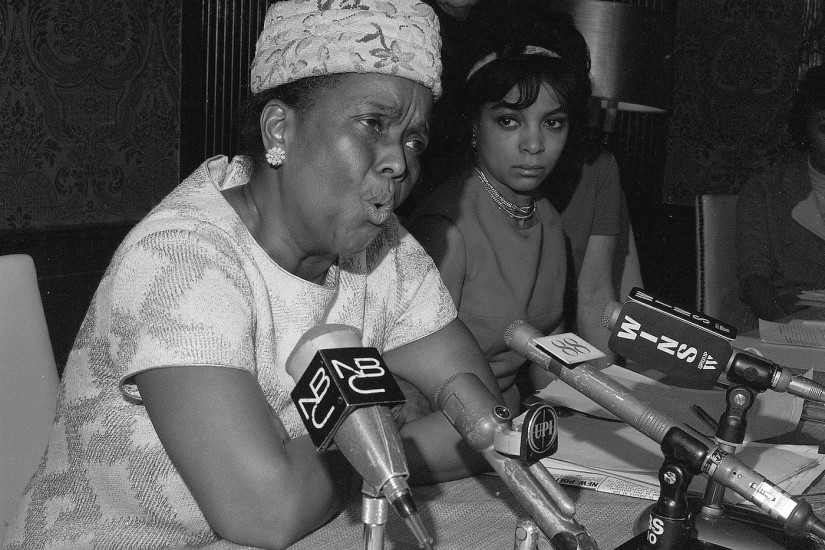Who gets to tell the story? This is a question implicit in the work I do as a historian. But the question I have been wrestling with lately is more immediate: Who gets to shape the narrative, define the history-makers, and capture the words and images of the current black-led, anti-state violence movement evolving in the United States right now?
Even the act of naming a movement like this has its power. Last month The New York Times Magazine bestowed part of the defining privilege on a young former sports writer, Jay Caspian Kang. Kang reduced the growing movement to the personal story lines of two young, earnest and committed social media activists, DeRay Mckesson and Johnetta “Netta” Elzie. While their work has made a critical contribution, Kang frames that work in a way that misrepresents the larger movement. With a narrow range of sources, Kang’s piece concluded that “Twitter is the revolution,” that “our demand is simple: stop killing us,” and that the emergent movement is “leaderless.”
The New York Times Magazine profile was problematic on each of these points. Borrowing from my research on Baker and my own participation in social movements, I want to refute the notion that this movement is leaderless. As some contemporary youth activists such as #BlackLivesMatter co-founder and Dignity and Power Now founder Patrisse Cullors have asserted, their movement is not leaderless, it is leader-full.
The Revolution Will Not be Tweeted
Many of our sisters and brothers are masterful users, but social media does not have magical powers. Twitter, Facebook and Instagram are tools like any other invention. The printing press revolutionized movement-building and revolution-making. So did the radio, telephone, television, personal computer, cell phone and a whole variety of media.
Social media tools can lend themselves to many different—and contradictory—purposes. They can bring attention to injustice, communicate the logistics of demonstrations—and they can sell you just about any worthless new commodity on the planet. And while Twitter is a uniquely open platform to exchange ideas, argue, celebrate, commiserate and mobilize, a Twitter following does not take the place of an organization.
